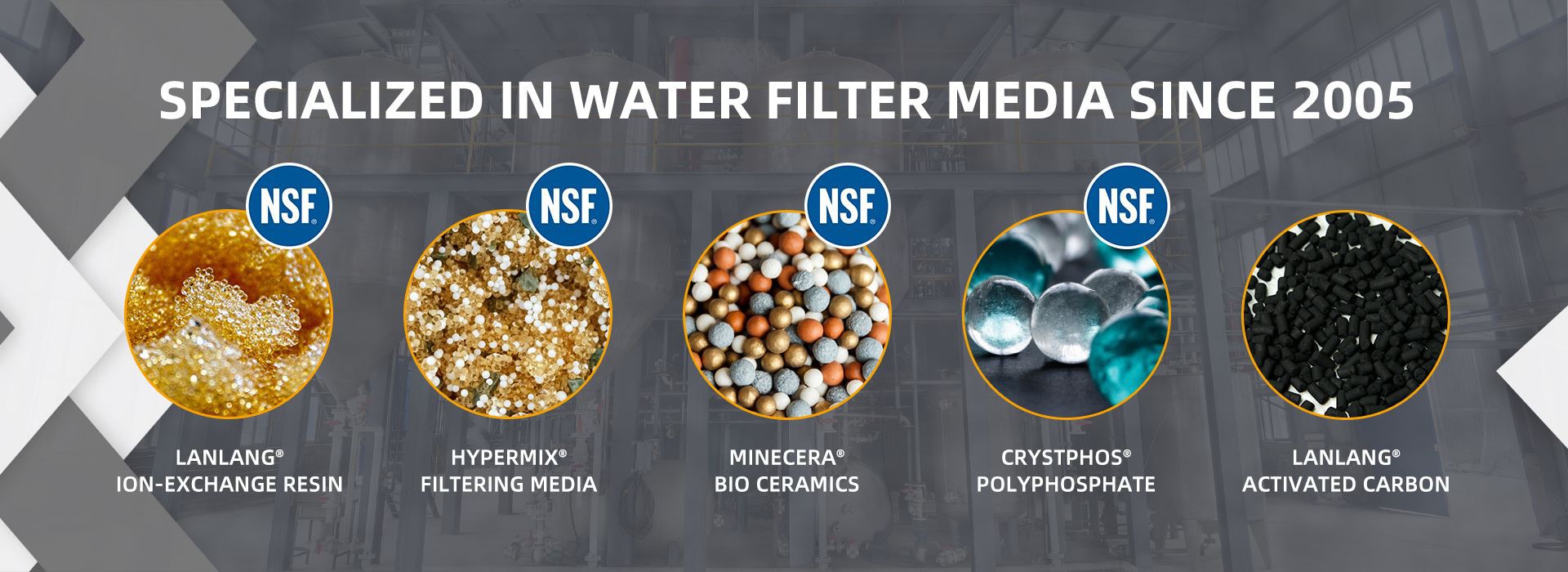Nitrate is a common contaminant in groundwater sources that can cause serious health problems if consumed in high concentrations. Exposure to excessive levels of nitrate has been linked to methemoglobinemia, a condition where the oxygen-carrying capacity of the blood is reduced. At the household and municipal level, ion exchange is an effective solution for removing nitrates from drinking water sources.
Ion exchange is a water treatment process that involves exchanging ions between a solid material and liquid. In the case of nitrate removal, ion exchange resins are used because they are particularly effective in removing anions such as nitrates.
The ion exchange process involves passing the contaminated water through a column containing ion exchange resin. The nitrate ions in the water are attracted to the resin, which then exchanges them for another, less harmful ion such as chloride. The result is purified water that is safe for consumption.
One of the benefits of ion exchange for nitrate removal is that it is a highly efficient process that can remove up to 99% of nitrates from contaminated water sources. Additionally, ion exchange is a relatively straightforward process that does not require extensive resources or technical expertise to implement, making it a viable solution for both households and municipal water treatment facilities.
Another advantage of ion exchange for nitrate removal is that it is a cost-effective solution. While initial investments in equipment and resins may be required, operating costs are relatively low, especially when compared to other nitrate removal technologies like reverse osmosis or distillation.
Despite its many benefits, ion exchange is not a perfect solution for nitrate removal. One potential drawback is the need for regular replacement of ion exchange resin. The frequency of replacement depends on several factors, including the water quality, the volume of water treated, and the resin's type and quality. Another disadvantage is that ion exchange does not remove all contaminants from water, meaning that additional treatment steps may be necessary, depending on the water's overall quality.
In conclusion, ion exchange is an effective, affordable, and simple solution for nitrate removal from contaminated water sources at both household and municipal levels. While it may not be suitable for all cases, ion exchange should certainly be considered as a viable alternative for removing nitrates from water.


